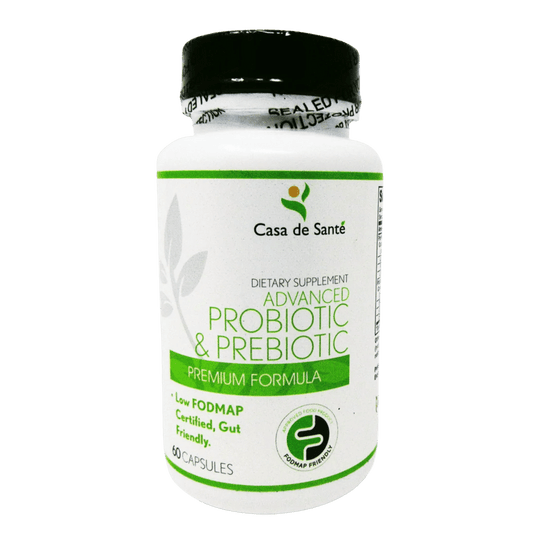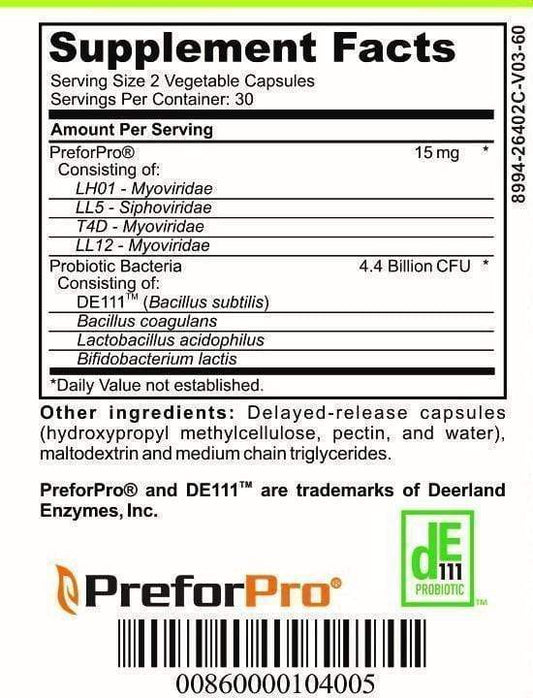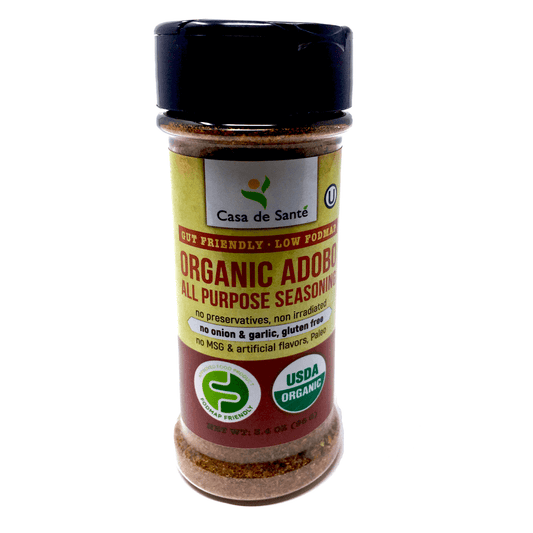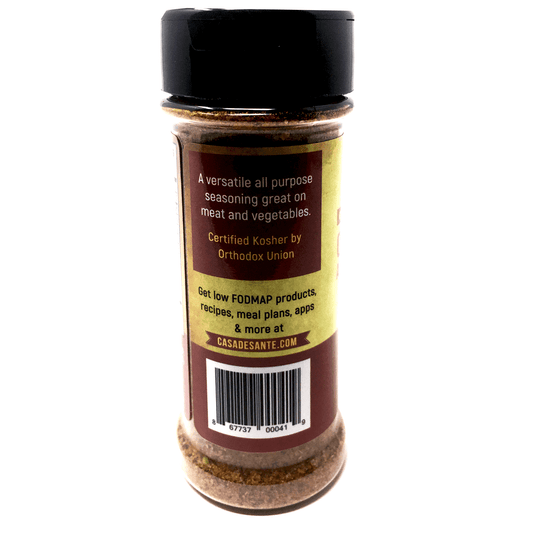
A healthy lifestyle for most people consists of an endless amount of fruits, vegetables, and healthy proteins such as nuts, seeds, beans, and sometimes lean meats and seafood. However, when you have a digestive condition such as IBS, a low FODMAP diet may be the healthiest choice to reduce symptoms. However, such a lifestyle limits or avoids intake of certain foods that other healthy lifestyles may encourage. Therefore, it can be confusing at first to follow a low FODMAP diet. Read below for an overview of low versus high FODMAP foods.
Proteins
High FODMAP:
Processed meats such as chorizo and sausage may contain ingredients used as flavorings or fillers that are high FODMAP. In addition, nuts such as pistachio and cashews are high FODMAP. Finally, the following dairy products are considered high FODMAP and should be avoided on a low FODMAP diet:
- Milk derived from animals such as cow’s milk, goat’s milk, and sheep’s milk
- Soy milk that is made with soy beans
- Animal milk-based products such as buttermilk, cream, custard, yogurt, ice cream, and sour cream
- Cream cheese and ricotta cheese
Low FODMAP:
Animal products such as beef, chicken, lamb, pork, seafood, eggs, and deli meats are safe on a low FODMAP diet. In addition, it is ok to consume plant-based proteins such as Quorn mince meatless product, nuts such as chestnuts, hazelnuts, macadamia nuts, peanuts, walnuts, as well as almonds and pecans in moderation. Other low FODMAP friendly proteins include:
- Seeds such as poppy seeds, pumpkin seeds, sesame seeds, chia, flaxseeds, and sunflower seeds
- Plant-based milks such as almond, coconut, hemp, and soy milk made with soy protein. Oat milk should be limited to 1 ounce, while rice milk should be limited to 6 ounces each day.
- Lactose-free milk and lactose-free milk products
- Low lactose products such as butter, dark chocolate, and limited amounts of milk and white chocolate (no more than 1 ounce each day)
- Cheese such as brie, camembert, cheddar, cottage cheese, feta, mozzarella, parmesan, and swiss
Fruits and Vegetables
High FODMAP:
The major produce to avoid on a low FODMAP diet are garlic, onions, and other gaseous vegetables such as beans, cauliflower, and peas. Also, be sure to avoid mushrooms, spring onions, and asparagus. Fruits to avoid on the low FODMAP diet include apples, avocado, ripe bananas, raisins, and sultanas as well as:
- Apricot
- Blackberries
- Grapefruit
- Mango
- Peaches
- Pears
- Plums
- Watermelon
Low FODMAP:
When following a low FODMAP diet, the fiber-rich choices are abundant and include vegetables such as broccoli, carrots, common red and green cabbage, white and sweet potato, and green beans. Also, many salad vegetables such as lettuce, bamboo shoots, bean sprouts, cucumber, peppers, kale, and tomatoes are low FODMAP. Low FODMAP fruits include unripe bananas, grapes, honeydew melon, cantaloupe, kiwi, and berries such as blueberries, cranberries, raspberries, and strawberries. Other low FODMAP fruit and vegetables include:
- Limited amounts of celery, chick peas, and corn
- Zucchini
- Eggplant
- Root vegetables such as parsnips, pumpkin, rhubarb, squash, and turnips
- Citrus fruits such as clementines, oranges, grapefruit, lemon, lime, and pineapple
Whole Grains
High FODMAP:
As a rule of thumb, any whole grain products that contain wheat, barley, or rye are high FODMAP. Other high FODMAP grains include bran, couscous, gnocchi, granola, muesli, semolina, and spelt.
Low FODMAP:
Any whole grain products that are gluten-free are considered low FODMAP. Some of these products include:
- Oats
- Quinoa
- Buckwheat
- Corn flour or corn-based products such as popcorn, tortillas, or tortilla chips
- Rice and rice-based products
- No more than ½ cup pretzels or oatmeal
Other
High FODMAP:
Avoid any products made with high fructose corn syrup such as certain sauces, sugary drinks, and sweets. Examples of such products include processed jams, certain sodas, as well as certain juices, especially those made with high FODMAP fruits such as apple juice, pear juice, and mango juice. Other condiments, sweeteners, and drinks to avoid on a low FODMAP diet include:
- Avoid any products containing sugar alcohols such as maltitol, mannitol, sorbitol, and xylitol.
- Avoid any products containing sweeteners such as honey, inulin, isomalt, and agave.
- Do not consume hummus dip, cream-based sauces or soups, as well as relish or yogurt-based dips such as Tzatziki dip.
- Do not drink beverages such as coconut water, fennel tea, or strong herbal teas.
Low FODMAP:
Check the ingredients label for sauces, soups, and other condiments that do not contain high FODMAP ingredients. This can be tedious at first, but over time you will learn what ingredients your body can tolerate and which they cannot. Look for products made with natural sugars such as cane sugar and stevia. It is also ok to consume certain artificial sweeteners such as aspartame, acesulfame K, saccharine, and sucralose. Other products that are ok to consume on the low FODMAP diet include:
- Garlic infused oil
- Condiments such as mayonnaise, mustard, soy sauce, and tomato sauce
- Beverages such as coffee, weak herbal tea, peppermint tea, and water
- Limit alcoholic beverages such as wine and beer to one standard drink a day, which is equal to no more than 12 ounces beer or 5 ounces wine each day
This list is not comprehensive, so if you are still not sure if your eating regimen is meeting FODMAP guidelines, visit the Casa de Sante website for more information.
Written by Staci Gulbin, MS, RD a Board-certified dietitian.
























